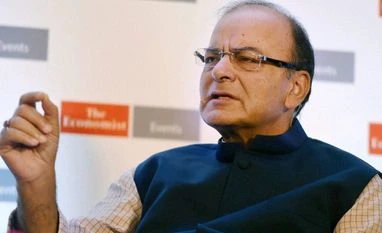The finance ministry plans to make a presentation to the Prime Minister on the proposed overhaul of the Budget by shifting to outcome-based budgeting, and merger of rail with the general Budget.
Bringing forward the Budget presentation date by a month to January end, scrapping the distinction of Plan and non-Plan expenditure and moving away from traditional budgeting based on inputs (how much can be spent) to one measurable by outcome (what can be achieved with the spending) are among the five pillars the ministry has identified as part of the exercise.
It wants to make a presentation on these points to Prime Minister Narendra Modi before putting them in a Cabinet note for approval, sources in the know said.
Read our full coverage on Union Budget 2016
The necessity and benefits of merging rail with the general Budget will also be featured. It would detail how moving the Budget presentation to January-end will help complete all constitutional requirements before beginning of a financial year.
The finance ministry will float a Cabinet note on this after the Prime Minister gives a go-ahead, they said.
Through "outcome-based budgeting", the ministry is trying to shift from traditional performance-based budgeting by planning expenditure, fixing appropriate targets and quantifying deliverables of each scheme.
Also Read
The outcome-based one will outline what can be achieved with what is being spent and will involve the process of defining the desired long-term outcome of schemes of various ministries.
Besides, the finance ministry is considering a multi-year approach in budgeting so that the Budget document gives a preview of the government's finances for the next 2-3 years.
"A multi-year approach in budgeting helps utilise resources better and bring in more transparency in accounting," the sources said.
If the proposal of multi-year budgeting comes through, then the Budget document for 2017-18 will give "capital and revenue" expenditure for 2-3 years.
The document only gives details of Plan and non-Plan expenditure for this financial year, for which the Budget is presented and also the previous two financial years.
The finance ministry comes out with a 'Medium-term Expenditure Framework Statement' which sets forth a three-year rolling target for expenditure indicators with specification of underlying assumptions and risks involved.
Since the ministry is planning abolition of the distinction between 'Plan/non-Plan' expenditure and replacing it with 'capital and revenue' expenditure, the 2017-18 Budget will offer revenue projections, expenditure targets and outcome for the next 2-3 years.
)